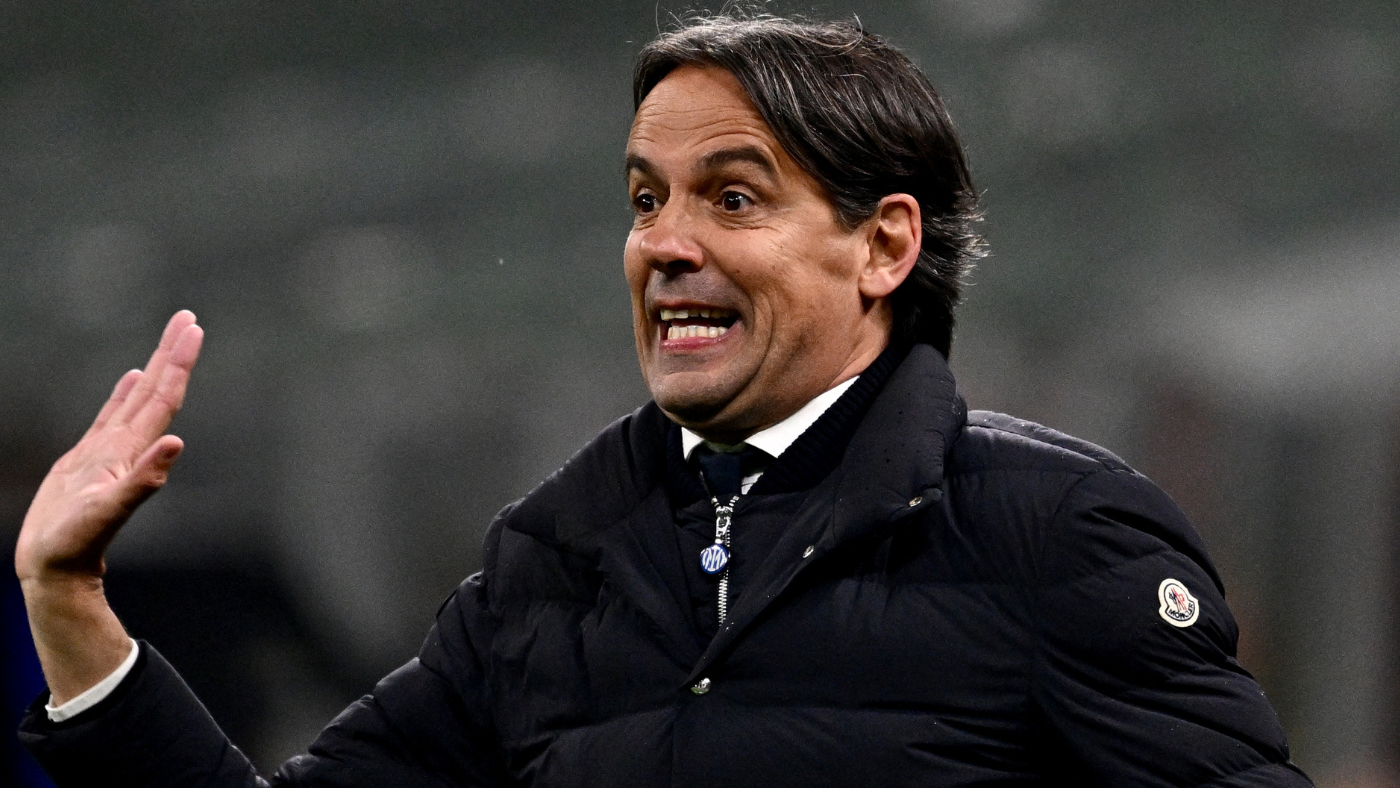The argument that many of the best quarterbacks to ever play the game could make about their relatively modest returns in the postseason is that they shared the misfortune of competing against Tom Brady. But that misses the point.
One of the many things that stands out to me, now that Brady has called it a career, is that he was able to accomplish what he did, when he did it. Yes, it came during an era of offensive explosion in the passing game, but Brady was hardly the only quarterback to benefit from it. Of all the staggering things to reflect upon, with THE GOAT stepping away at age 44, what resonates most loudly for me is that he managed to almost double his hero, Joe Montana, in the Lombardi Trophy department, during the salary cap era, amid rampant parity, and did so despite having to go up against a golden generation of quarterback contemporaries.
For him to be that much better than anyone else who ever played the game is stupendous enough. For him to have outdistanced them all while having to face Peyton Manning and Aaron Rodgers and Drew Brees and Ben Roethlisberger and Kurt Warner, Brett Favre and Eli Manning and Philip Rivers — in their prime — throughout his remarkable two-decade career strikes me as even more awe inspiring. He faced what might be the toughest field of other QBs of any era, at a time when the onus on the passing game to score big was imperative, and he was infinitely more successful winning when it counted the most than anyone who ever came before him, or ever will come after him.
To think that Brady was the key piece to two separate dynasties in New England, and then a ridiculous two-year sprint in Tampa during a pandemic no less, is hard to fathom. Going to the postseason 19 times in 20 seasons and playing in 14 conference championship games and 10 Super Bowls and winning seven titles is beyond belief; doing it while repeatedly lapping this field is mind-blowing.
There are 27 “modern era” QBs enshrined in the Hall of Fame, including three of whom — Peyton Manning, Favre and Warner — Brady faced. There are six more from Brady’s era who I think most would agree are all Canton bound — Eli Manning, Russell Wilson, Brees, Big Ben, Rivers and Rodgers. Those nine quarterbacks have combined for 17 Super Bowl appearances and 11 Lombardi Trophies. All of them, in their totality, don’t out-distance Brady by much. This strikes me as ridiculous. No one should have fared that historically well against such competition.
We are in an age in which, including Brady, we are going to see at least nine Hall of Fame quarterback careers overlap — that would represent more than 25% of the current number of HOF QBs — and Brady has still prospered so much more beyond anyone else. It really doesn’t compute. If we go back to 2000, Brady’s first year in the NFL, there were five eventual Hall of Fame quarterbacks who were still playing: Troy Aikman, Warren Moon, Warner, Favre and Peyton Manning. They combined for 12 Super Bowl appearances — just two more than Brady — and seven total rings (same as Brady).
The breadth of Brady’s career is staggering.
When he was drafted, those guys and veterans like Randall Cunningham and Doug Flutie were still playing — guys who were at their peaks in the mid-1980s. Guys like Jim Harbaugh and Jason Garrett and Doug Pederson, who have already had meaningful NFL head coaching careers — were still in the league. To go from that to dueling with Patrick Mahomes at the start of his potentially historic career is exceptional, and to have continually played at an MVP level for almost all of those seasons is, once again, remarkable.
To have produced one of his best seasons at age 44, and to have led a 24-point comeback in his final playoff game, is profound and perfect. It was a rare postseason setback for him, but, well, we know the line about Father Time’s success rate: he’s undefeated. Yet even now he must feel cheated by Brady, undone by his longevity and unparalleled productivity.
Brady goes out on his terms, at the top of his game, with nothing to regret. No offseason surgeries scheduled. No major injuries. His final moments on a field are ones he can be fully at peace with. If it was simply about trying to go out a champion, he would have retired a year ago. He pushed the limits, yet again, and did what no one else could have fathomed doing, and it’s unfair to say he came up short having produced a sublime and ridiculous second-half comeback against a team that might just go on to win the Lombardi themselves.
It was still vintage Brady. Somehow. He went into this postseason knowing that it was almost assuredly his last. It was The Last Dance, minus the fanfare and rhetoric and pageantry. There would be no victory tour. No individual celebration. Brady kept his vow largely a secret, though his most in-tune teammates could see it coming from what he said and left unsaid. From how he carried himself.
By Tuesday morning, when Brady made the decision official, it had long been clear to those closest to him that this was the end. Nothing left to prove. All ghosts exhausted. He was ready to stop lapping the field, to let his indelible records speak for themselves from here on out. His race with all-time greatness was finally over.
Brady, once again, had won.



